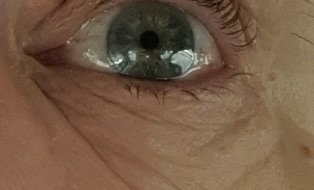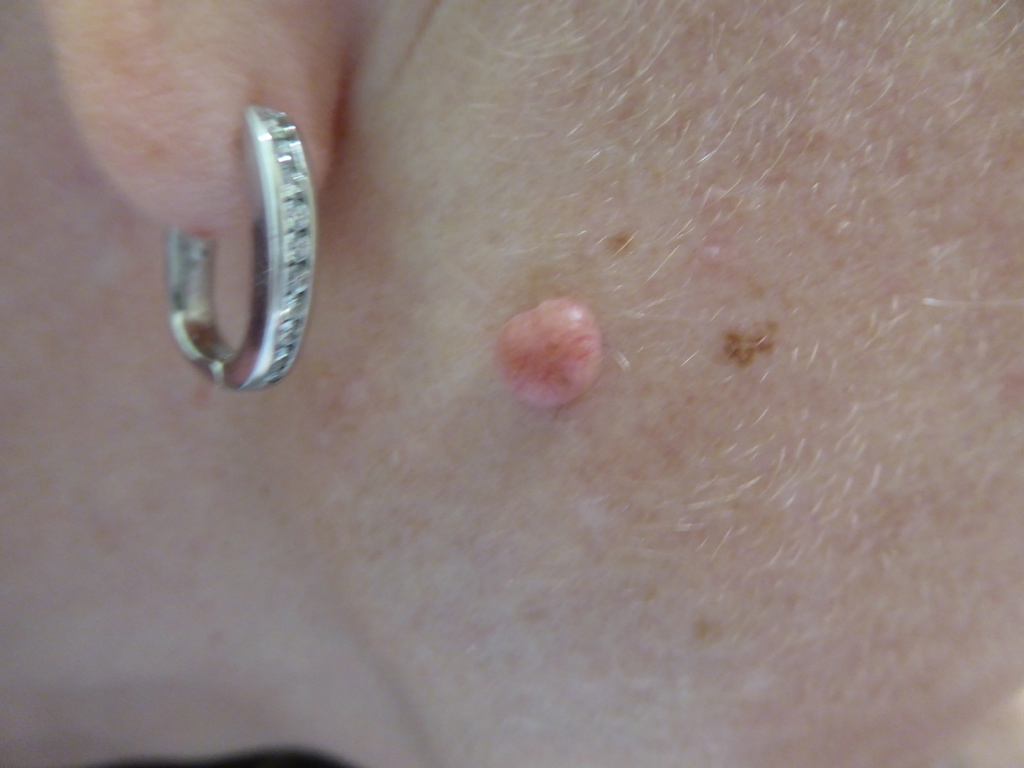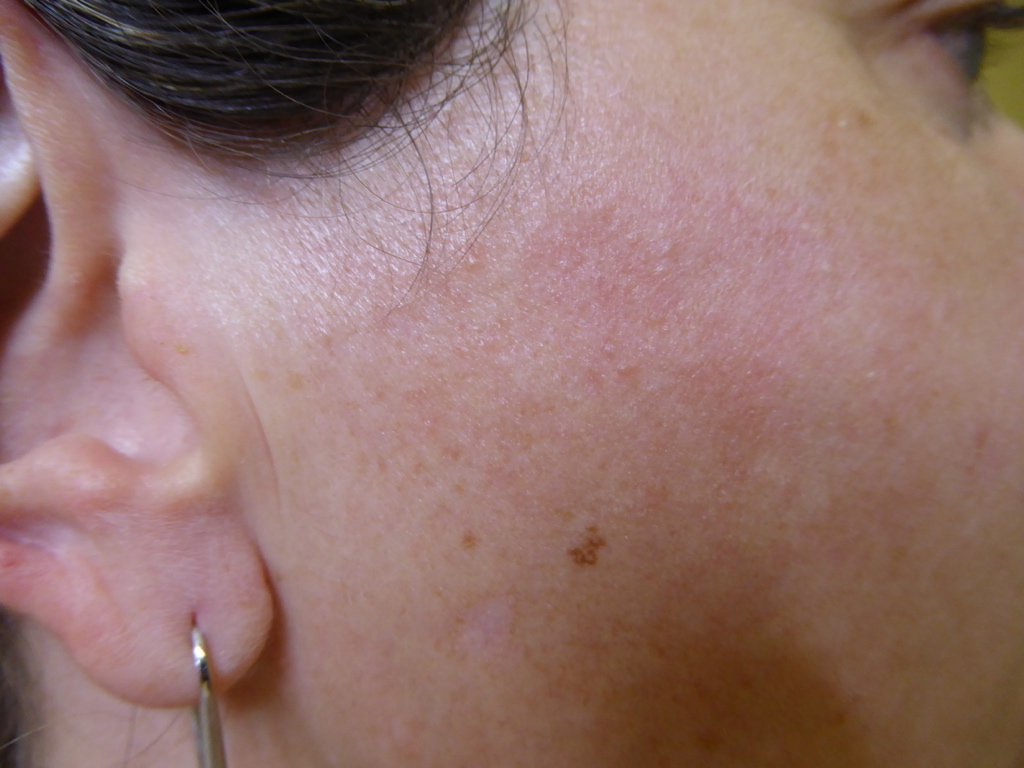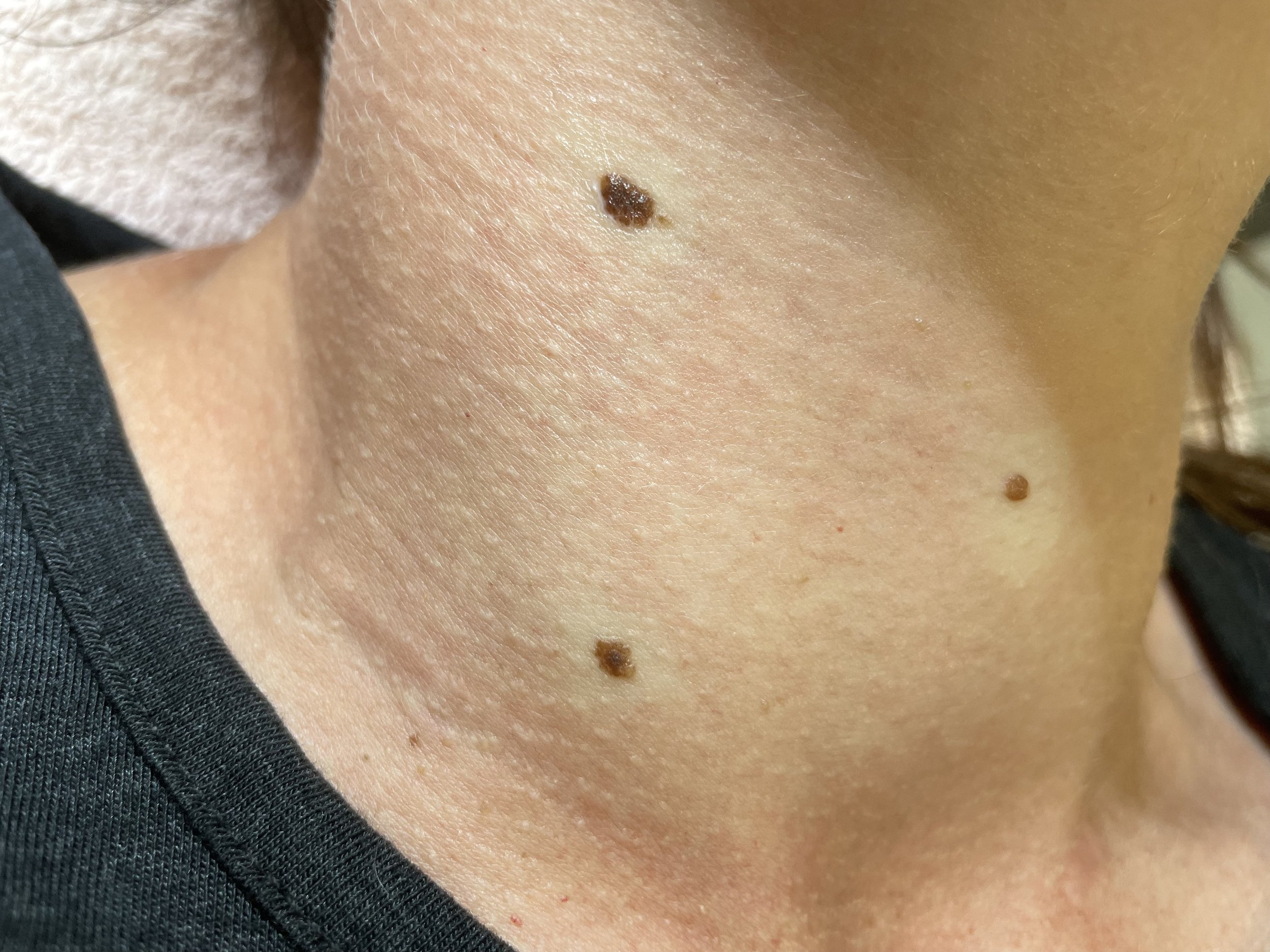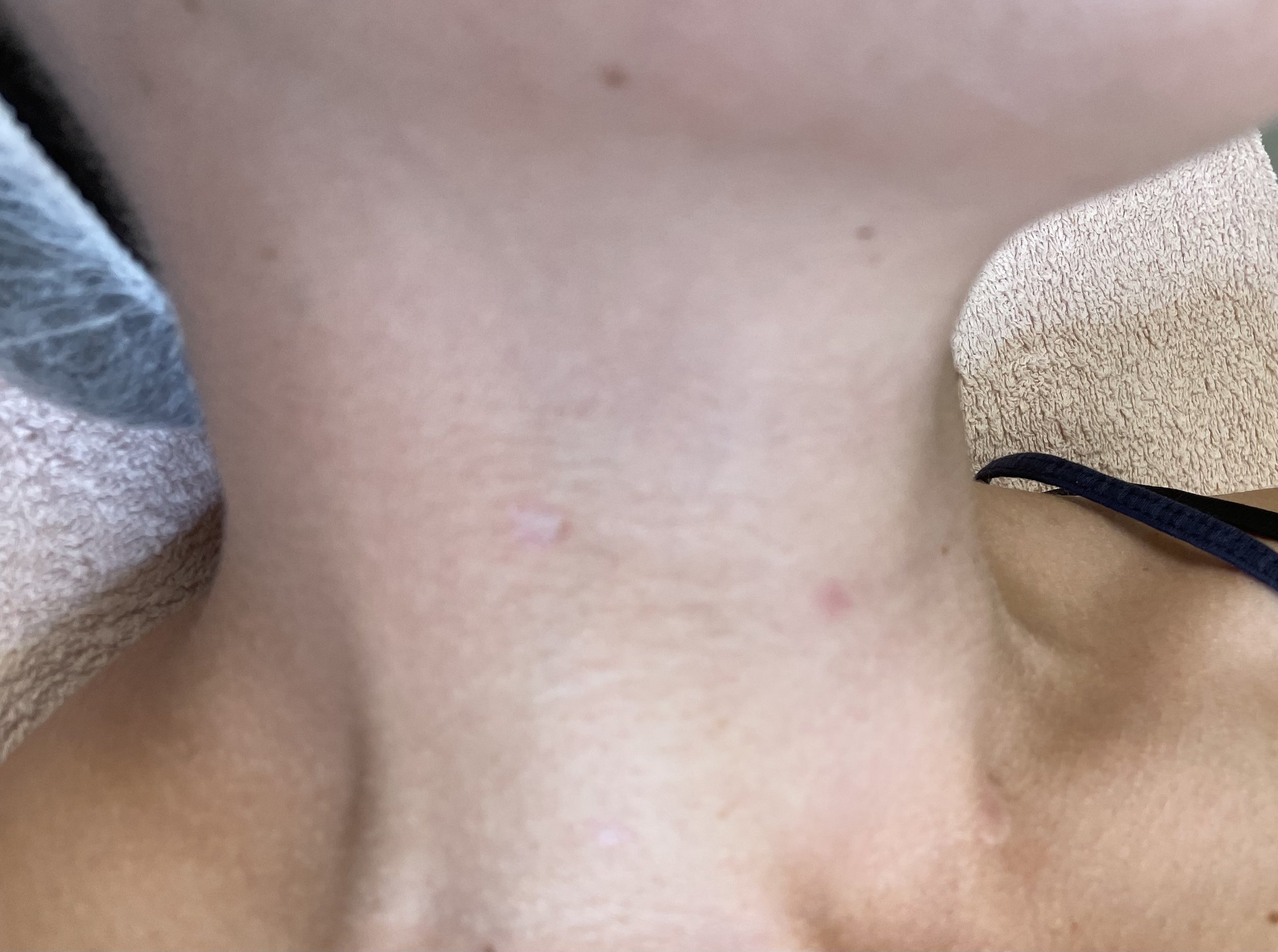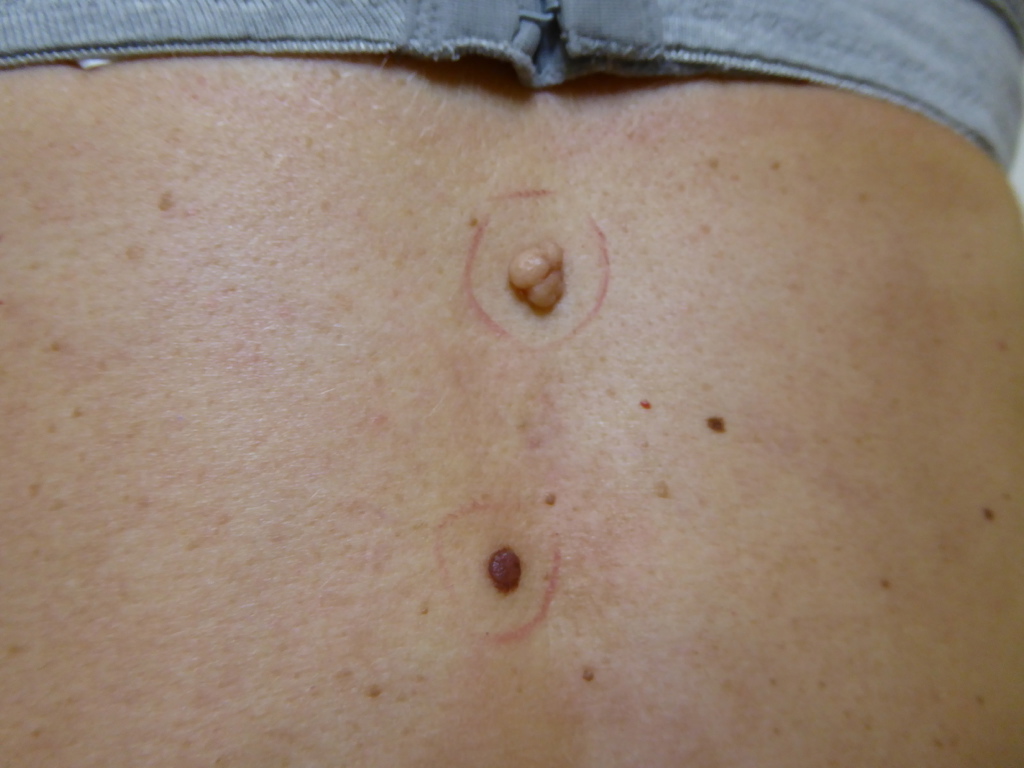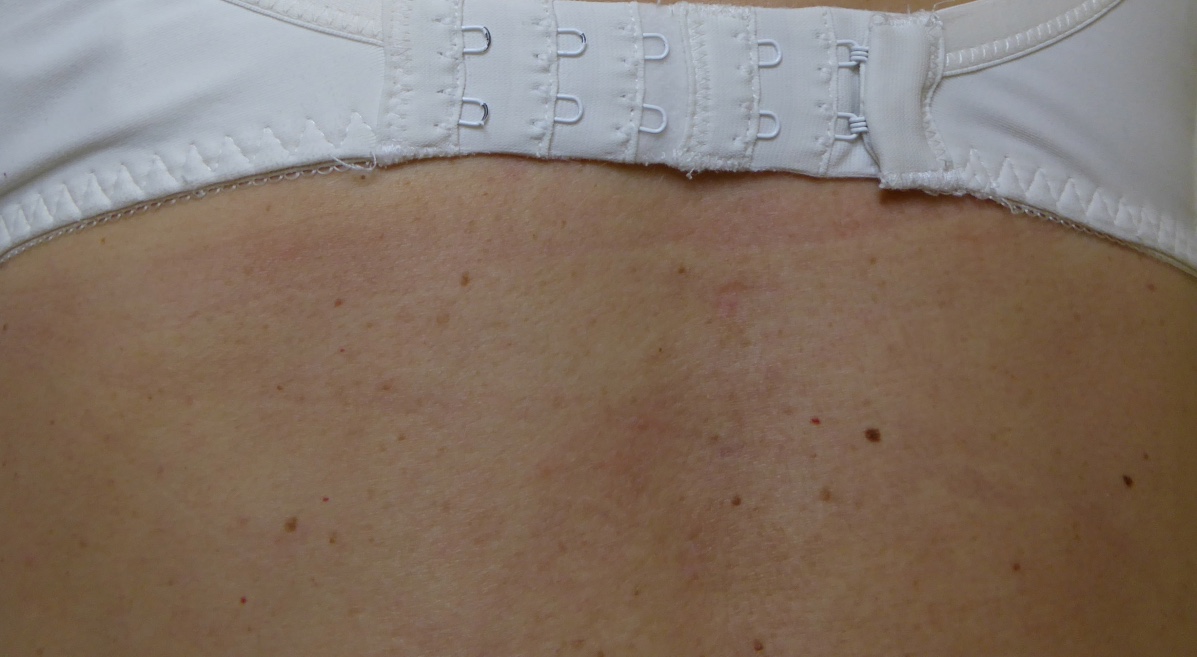Moles, Lesions & Skin Tag Removal
Improve your appearance by removing unsightly skin blemishes!
Today, everyone wishes to look more youthful, have beautiful skin and a clearer complexion. However, the skin is typically the first area to show signs of aging. Now, thanks to Radiowave Technology, many moles, lesions, skin tags and even facial veins can be quickly and safely removed, resulting in smoother, clearer and more attractive skin.
Radiowave Technology uses high-frequency energy to make cosmetic enhancing incisions. Healing is rapid with little or no bruising or swelling. Suturing is rarely needed.
Cosmetic Radiowave surgery patients heal quickly and begin enjoying their results immediately.
Radiowave procedures are effective on many types of skin lesions, including…
Age Spots
Moles and Raised Lesions
Skin Tags
Warts
Skin surface irregularities
Small red facial veins
Benefits of Radiowave Technology
Comfortable – little or no discomfort
Less risk of inflammation and bruising
Minimal or no scarring
Shorter healing time
Best of all, Radiowave Technology can be done conveniently in your lunch break!
“Thank you Karen for my recent mole removal. You were so lovely from the moment I stepped in the door which definitely eased my nerves. The whole process was so quick and painless, I can’t thank you enough for the results. They have healed very quickly with your suggested treatment - it’s like they were never there. Thank you again.”
Questions & Answers about Radiowave Technology
Radiowave Technology is the passage of high-frequency radio waves into the skin for the purpose of removing lesions with minimal discomfort and rapid healing.
Q: How does Radiowave Technology differ from traditional surgery?
When radio waves are used in place of scalpel or laser, only the tissue immediately adjacent to the wire electrode is affected. This results in less bleeding than with a scalpel and scarring is dramatically minimised. Recovery after Radiowave procedures is often shorter and more comfortable than after laser surgery. This is due to Laser generating more heat in the tissue, which can lead to more redness, burning and inflammation.
Q: Who is the best candidate for Radiowave Technology?
Anyone wishing to improve his or her appearance by removal of moles, skin tags and lesions is an ideal candidate. Ask your consulting therapist for more details on how Radiowave technology can benefit you.
Q: How many treatments will I need?
For most procedures a single treatment is required. However some more complex procedures may require several treatments. Your consulting therapist will assess and advise your particular needs.



